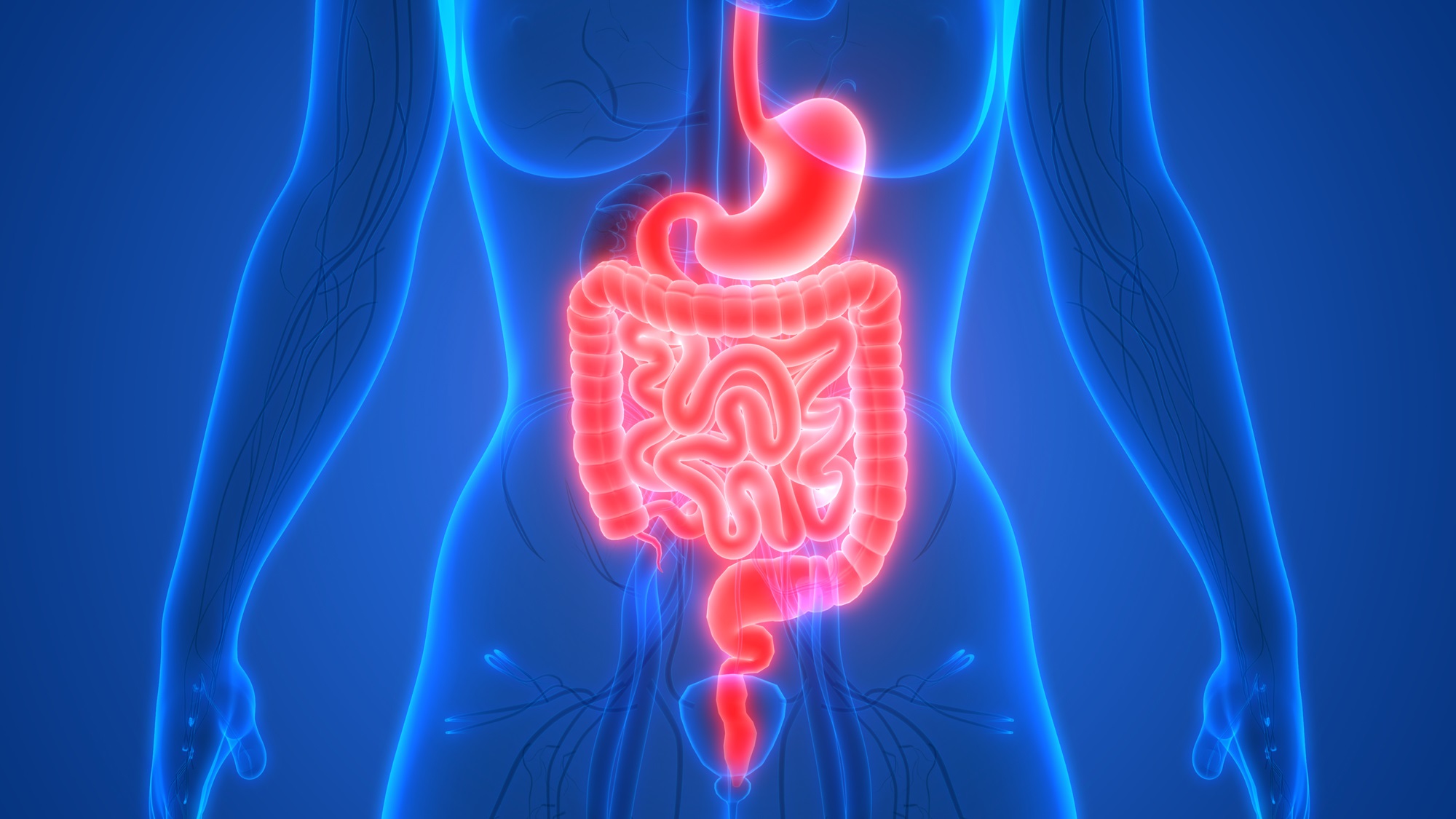
Autism rates continue to rise globally & this has prompted scholars and researchers worldwide to further investigate this issue. One such effort was made by a team from Isreael’s Bar-Ilan University’s Azrieli Faculty of Medicine, who recently published a study unveiling the intricacies of Autism.
In short, the study found a link between gut microbiome and Autism. Gut microbiomes are the vast bacteria found in the digestive tract.
Autism and bacterial diversity
Specifically, the scientists examined and analyzed the alpha and beta compositions of bacterial diversity, uncovering significant variations in each. Alpha diversity, in layman’s terms, measures the total number of different bacteria types present in an individual’s gut. Beta diversity is the comparison of microbiomes between people with ASD and those without, allowing for differences to be identified. The result was a striking increase in alpha diversity among the participants with ASD, suggesting a wider range and abundance of microbes than their neurotypical counterparts.
In other words, individuals with ASD were found to carry a more diverse range of bacteria in their gut compared to those without the disorder.
For the Beta composition, it was observed that people with ASD had a higher ratio of a type of bacteria – the genus Bacteroides. Bacteroides is a commonly present phylum in the human gut microbiome, but an excess of it has been linked to potential negative effects.
The practical implications
To give an example, some mice were put through a study where an excess of Bacteroides was administered to them at birth, and the results showed that these mice exhibited symptoms of social behavior dysfunction, increased repetitive behaviors, and gene-expression dysregulation.
The implication to human life has been emphasized by the primary investigator, Professor Evan Elliott. According to Elliot, the results of their research indicate that an excess amount of Bacteroides, especially during early developmental stages, may lead to functional effects on individuals diagnosed with Autism.
Elliott’s findings have gained global attention and were recently chosen as one of 34 projects to receive a total of $6.2 million in funding for groundbreaking autism research and care from the Eagles Autism Foundation. This opportunity offers significant promise for advancing our understanding of Autism & the long-term effects of gut microbes during early developmental stages on brain development.
Autism Awareness and support
It is important to continue raising awareness about Autism and providing support for individuals and families affected by the disorder.
We at Illinois Autism Center strive to promote awareness and support for individuals with Autism in the state of Illinois.




